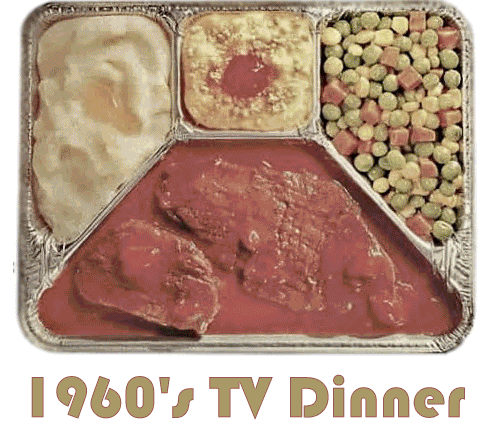Many senior nutrition programs are moving away from the traditional model of delivering hot meals daily to
delivering frozen meals weekly. If the idea of frozen meals conjurs up images of TV dinners from the 1960's, we are talking about something entirely different. Today's meals meet strict nutritional guidelines and are actually targeted for older adults. Here are the facts:
1. Frozen food has the same, if not better, nutritional value as fresh foods.
Frozen produce is not harvested until fully ripened. Fresh produce is harvested before reaching peak ripeness, so it can ripen during transportation and storage. This means nutrients do not develop to full potential. However, frozen produce is allowed to ripen before being picked. The mature fruits and vegetables contain high levels of vitamins, minerals, and antioxidants. Frozen foods are flash-frozen immediately after being harvested. This process assures there is minimal nutrient loss when processing the foods. Hot and chilled meals are subjected to light and heat during transportation and storage, causing further nutrient loss. Frozen meals can be transported and stored without compromising nutrient content.
2. Maintaining the cold chain with frozen home-delivered meals is the most reliable method of assuring food safety.
Although there are multiple causes of foodborne illness, improper temperature control is a common failure point in many segments of the food service production and distribution chain. The “cold chain” process has emerged as the most reliable method of assuring food safety. With this method, food is maintained at






